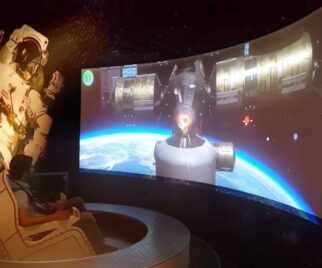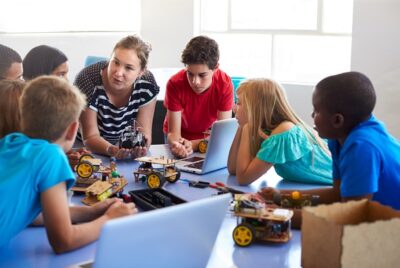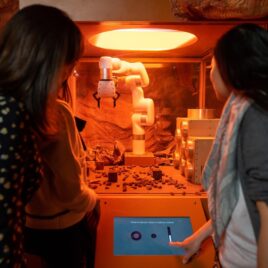In the intricate dance between scientific advancements and societal progress, science centers emerge as crucial hubs where these two realms converge. Beyond being repositories of knowledge, these dynamic institutions play a multifaceted role in shaping, influencing, and catalyzing the intricate relationship between science and society. Join us on a journey as we unravel the profound impact of science centers in this intricate intersection.
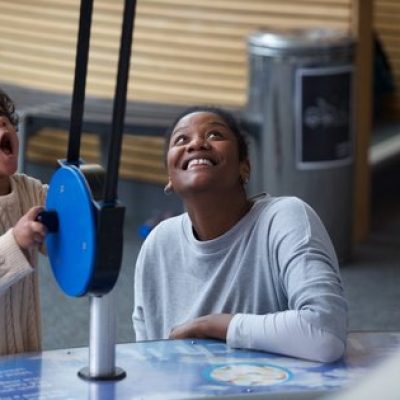
Knowledge Dissemination and Accessibility
Democratizing Knowledge: Science centers act as democratizers of knowledge, making the wonders of science accessible to diverse audiences. Through interactive exhibits, engaging displays, and educational programs, they break down barriers and bring complex scientific concepts to people of all ages and backgrounds.
Fostering Lifelong Learning: By providing a platform for continuous learning, science centers contribute to the development of a society that values and pursues lifelong learning. Visitors are inspired to explore, question, and stay curious about the ever-evolving world of science.

Inspiring the Next Generation of Scientists
Hands-On STEM Education: Science centers serve as incubators for future scientists and innovators by offering hands-on STEM (Science, Technology, Engineering, and Mathematics) education. Interactive exhibits and educational programs nurture the curiosity and passion that spark scientific careers.
Career Exploration: Through workshops, mentorship programs, and career events, science centers expose young minds to the vast array of career possibilities within the scientific realm. This exposure is instrumental in shaping the future landscape of scientific professions.
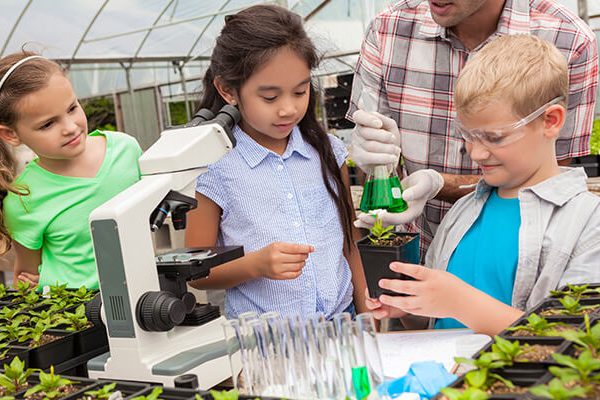
Addressing Societal Challenges
Public Discourse Platforms: Science centers create spaces for public discourse on pressing societal challenges. Exhibits and events often address issues like climate change, healthcare, and technology ethics, fostering informed discussions that contribute to societal awareness and action.
Science-Based Solutions: By showcasing the application of scientific principles to real-world challenges, science centers inspire the public to seek science-based solutions. The emphasis on evidence-based decision-making empowers individuals to critically evaluate and participate in addressing societal issues.
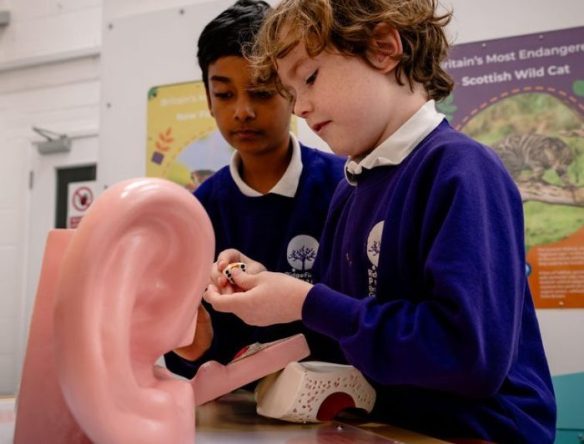
Community Engagement and Inclusivity
Cultural Integration: Science centers celebrate diversity by integrating cultural elements into their exhibits and programs. This inclusivity enhances accessibility and ensures that science is seen as a universal language that transcends cultural, social, and economic boundaries.
Community Partnerships: Collaborating with local communities, schools, and organizations, science centers become integral parts of the social fabric. These partnerships amplify the impact of science education and outreach, reaching a broader audience.
Connecting Science with Daily Life
Everyday Relevance: Science centers bridge the gap between abstract scientific concepts and their relevance in daily life. Exhibits often demonstrate the practical applications of science, showing how scientific principles influence everything from technology to healthcare.
Societal Impact Exhibits: Exhibits dedicated to showcasing the societal impact of scientific innovations provide a tangible connection between scientific advancements and the betterment of society. These exhibits highlight how science shapes the world we live in.
Science Communication and Public Trust
Clear Communication: Science centers play a pivotal role in enhancing science communication. They distill complex ideas into accessible narratives, fostering public understanding and trust in the scientific process.
Addressing Misinformation: By providing accurate information and debunking myths, science centers contribute to combating misinformation. They serve as reliable sources that help the public navigate the often intricate landscape of scientific knowledge.
Cultural and Recreational Hubs
Cultural Contributions: Beyond their educational roles, science centers contribute to the cultural landscape of communities. Artistic installations, cultural events, and collaborations with artists enrich the visitor experience, creating well-rounded hubs of exploration.
Recreational Learning: Science centers embrace recreational learning, offering visitors an enjoyable and entertaining way to engage with science. The combination of fun and learning fosters positive associations with scientific exploration.


